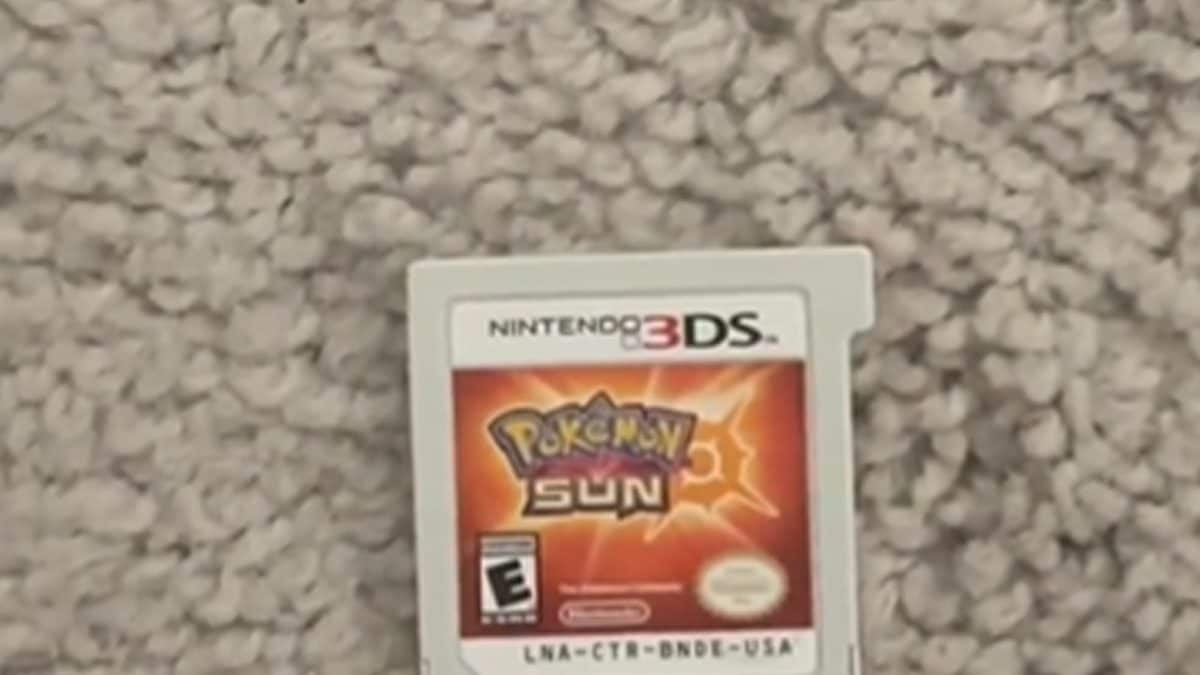Last Updated:

NASA will start a live stream of telescope views of the sun and coverage. (Photo Credits: Twitter)
The simulation depicts the moon cartridge hovering over the sun cartridge, effectively illustrating the total solar eclipse.
A Pokemon 3DS fan has used his love for the gaming console to create an engaging and clear simulation, aiming to explain the intricacies of the total solar eclipse. The gamer shared a video demonstrating the celestial occurrence using Sun and Moon cartridges from the Pokemon Nintendo 3DS. The total solar eclipse will witness the moon entirely obscuring the Sun’s light for a brief period, tracing a path known as the path of totality. Expressing concern for those unable to witness the eclipse firsthand, the user on X (formerly Twitter) shared a 14-second clip, showing the Pokemon-themed simulation of the total solar eclipse.
Watch the now-viral video here:
For those that are going to miss the eclipse on Monday, I have created a simulation of what the eclipse will look like along the path of totality pic.twitter.com/XIbCu4HYk3— FTW Arts (@FTW_Arts) April 6, 2024
The solar eclipse will occur at 2:07 pm ET (21:12 IST) on April 8, with the moon’s shadow expected to land on Mexico’s Pacific coast.
Spanning 185 kilometers wide, this year’s path of totality will cover regions inhabited by nearly 32 million Americans, with an additional 150 million residing within a 200-mile radius of the path. Those located further away can still experience a partial eclipse or opt to follow a webcast provided by the US space agency NASA.
The next total solar eclipse visible from a significant portion of North America is not expected until 2044.
While the celestial event will remain invisible to observers in India, NASA will be broadcasting the event live, allowing enthusiasts worldwide to witness the phenomenon. NASA will start its live stream of telescope views of the sun and coverage on NASA TV starting at 1 pm EDT (21:12 IST) on Monday, as the total eclipse traverses North America.
NASA will also engage in discussions with experts and present telescope views of the eclipse from various sites along the eclipse path. Viewers will also have the opportunity to pose questions in the chat using the hashtag, AskNASA, for a chance to have them addressed live.

